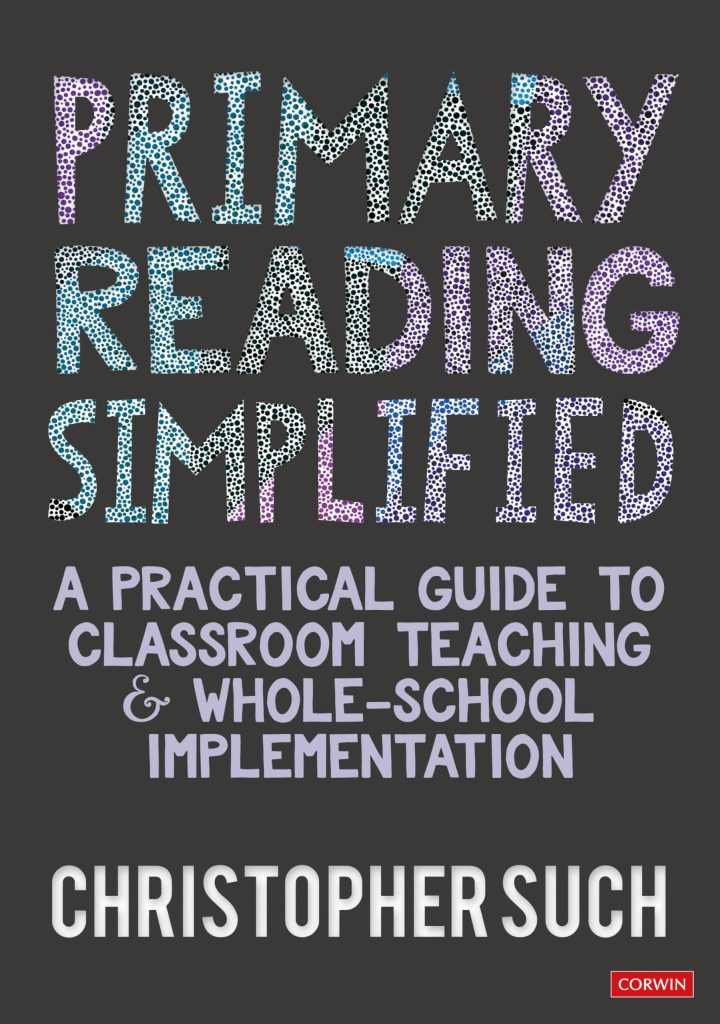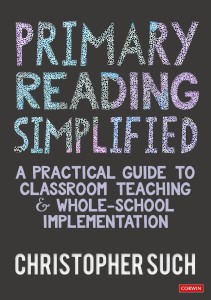Imagine for a moment that I’m coaching college baseball.
I’ve noticed that my players have lots of specific skills, but lack the ability to make strategic decisions from an above-the-playing-field perspective. How can I help them improve?
Suddenly I think: aha! I’ll have my boys of summer learn chess. What better way to train them up in an above-the-field view? What better way to improve strategic decision making with that view in mind?
After all, the mental skills that they learn playing chess will — no doubt — transfer to playing ball.
I don’t know if a coach has actually tried this experiment. But I do know that a similar thought process drives A LOT of inquiry in the world of cognitive science.
If I want my students to learn history — or science, or tuba — I could teach them history, or science, or tuba.
Or, perhaps, I could boost their underlying brain power in some general way that will ultimately transfer to their history learning.
That is: rather than train their historical knowledge and thinking, I could enhance the cognitive resources with which they do the historical thinking. VOILA! More learning.
In my analogy, I could enhance my baseball players’ strategic vision and thinking (by teaching them chess); they can use their chess-enhanced vision as they play baseball.
So many possibilities…
Where to Begin; How to Proceed
If I want to pursue this path, I have LOTS of “cognitive resources” to choose from. Should I train my students attention? Or, one of their executive functions?
A research team has recently tried this approach with “cognitive control”: “a set of processes critical for guiding thoughts, feelings, and actions in a flexible, goal-directed manner.”
For their research method to be persuasive, it should meet several criteria. It should
1. Include enough people to make its results credible:
If a study includes 20 or 30 people, the results might be interesting, but won’t be compelling.
2. Test its results in both the short term and the long term:
When I train my baseball players with chess, I want them to preserve their chess-enhanced vision for a long time. If they lose that vision as soon as they stop playing chess, then they haven’t really improved their cognive function in a meaningful way.
3. Test those results in meaningful areas:
When I train my first baseman in chess, I’m happy if he gets better at chess. But I really want him to get better at baseball.
To be a little bit technical, I’m glad if I see “near transfer”: that is, chess training helps my players get better at speed chess. But I care about “far transfer”: that is, chess training helps my players spot the best place to force an out during a tricky fielding play.
Better and Better
This research team — led by Nikolaus Steinbeis — included some extra steps as well. I’m DELIGHTED to see that this study…
4. Includes a plausible comparison:
Researchers often take a worrisome shortcut. They try out a Cool New Thing — say, a curriculum, or a pedagogical strategy. When students learn more, they say: “look, our Cool New Thing enhanced learning.”
But this claim disguises a logical flaw. The benefits could come from doing SOME New Thing, not THIS New Thing.
To overcome this logical flaw, researchers should have an “active control group.” That is: some participants try THIS new thing, while another group tries a PLAUSIBLE NEW ALTERNATIVE thing.
If one group benefits more than the other, we can say that — yup — the change came from the curriculum itself, and not just from the newness.
5. Psych + Neuro
Wouldn’t it be wonderful if reseachers BOTH checked out psychological measures (“do the students learn more?”) AND neurobiological measures (“do their brains physically change?”).
Well, I’m happy to report that Team Steinbeis did ALL OF THESE THINGS.
1: The study included 250+ children, age 6-13. That’s not a HUGE number, but it’s noticeably larger than most studies.
2: They tested participants at the end of the study, and again a YEAR later. In my experience, very few studies have that kind of time horizon.
3: They checked to see if their cognitive control game improved participants’ cognitive control (“near transfer”). AND, they also check if it helped their learning, mental health, decision making, creativity, and resilience in the face of COVID stressors (“far transfer”).
4: This study included an active control group. Half the students played a video game with instructions that focused on improving their cognitive control. The other half played the same video game with instructions that focused on improving their response time. That’s a plausible alternative, no?
5: Researchers scanned relevant brain regions — inferior frontal gyrus, cingulo-opercular and fronto-parietal networks — to see if the training changed structure or function. (Don’t worry: I have only a dim understanding of what those words mean, and I’ve been in this field since 2008.)
Results, PLEASE
I’ve gone into more detail than usual because I want you to see why I find this study helpful and persuasive. As far as I can tell, this team has done everything right.
If training cognitive control helps students, we should see meaningful differences in far transfer effects — and in brain structure or function — after a year. This study design will let us see that.
So, their results? Close to nothing.
- Cognitive control training didn’t help students learn more, or make better decisions. (Far transfer)
- It didn’t make them more creative. (Also far transfer)
- It didn’t didn’t change relevant brain structures, or the function of those structures.
Now, the training did help students do better at tests of cognitive control — even after a year. But we don’t really care about cognitive control on its own — that’s simply near transfer. We care about cognitive control because it usually helps with learning, and creativity, and so forth.
This research tells us: untrained cognitive control might predict academic success. But increasing cognitive control with computer game training does not result in greater academic success — or greater anything else.
In the language of my starting anecdote: my players got better at chess, but they didn’t get better at baseball. And — as the coach — I care about baseball.
The Big Picture
The idea that we can “train our students’ brains” has a lot of intuitive appeal. Perhaps because the claim includes the word “brain,” it gets lots of hopeful attention. (Because it includes the potential for enormous profits, it has lots of economic appeal as well.)
I wanted to focus on this study because it does such a careful job of rebutting that claim: at least as long as “cognitive control” is the particular element we’re trying to train.
In the future, if someone brings a brain training program to your attention, consider this research example. If that someone’s research method doesn’t include all of the steps above, you might hesitate before you invest scarce time and money in this approach.
Better, instead, to focus on teaching history, science, tuba — and baseball.
Ganesan, K., Thompson, A., Smid, C. R., Cañigueral, R., Li, Y., Revill, G., … & Steinbeis, N. (2024). Cognitive control training with domain-general response inhibition does not change children’s brains or behavior. Nature neuroscience, 27(7), 1364-1375.





 But, you might ask: what about nutrition? Can our students eat their way to more learning? Surely this field has wisdom and guidance to offer?
But, you might ask: what about nutrition? Can our students eat their way to more learning? Surely this field has wisdom and guidance to offer?















